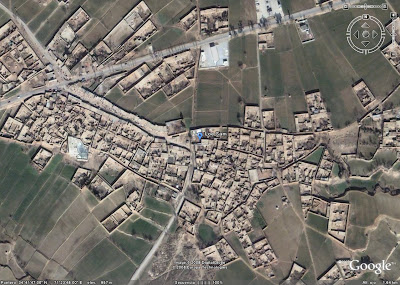 // The price of the question (Kommersant, 14/11/2008)
// The price of the question (Kommersant, 14/11/2008)The history of relations between Moscow and Chisinau and all of Russian policy toward a Transdniestrian settlement has been checkered. In 2001, Communist Vladimir Voronin became president of Moldova thanks in large part to his position in favor of closer ties with Russia. By the time he was reelected in 2005, he had made a complete turnabout, rejecting the famous “Kozak memorandum” and advancing a platform on the country’s future in Europe. In recent months, Russia’s influence on both banks of the Dniester seems to have grown, leading to a variety of expectations.
The simplified view is that Russia should sell them a solution to the problem that is acceptable to it – with a guarantee of Moldova’s neutrality and a confederative government, with Transdniestria having the right to secede should the rest of Moldova unite with Romania. It should promise Chisinau massive economic aid, pressure Tiraspol, interests the politicians personally in the outcome and, in short, engage in classical diplomacy as practiced by a major regional power with weaker neighbors.
But for some reason, that is not happening. Three reasons can be proposed. First, the habit remains of looking at Moldova as a post-Soviet country in its 17th year of independence. If it is seen as a historical part of the Balkans region, everything looks different. The Balkans are part of the European integrative areal. Small and poor Moldova has a different future in that context. After Romania entered the European Union in 2007, that prospect became more real for Moldova at the individual level, if not at the institutional. Evidence of that are the stubbornly, or not so stubbornly, denied rumors of Moldovan residents’ mass receipt of Romanian citizenship. No matter how skeptical one looks at the EU’s initiatives for “Eastern partnership” and “Black Sea synergy,” they have a positive resonance in small countries.
Second, Russia has no common border with Moldova. When Ukraine’s interest in the region was limited to the preservation of various corrupt systems linked to Transdniestria, that fact was not particularly meaningful. But since Orange Kiev has completely gone over to Brussels’ side, it is very important for measuring Russia’s potential.
Finally, Russia’s real strategic, and even tactical, interest is still not clear. That makes the parties involved wary and makes them look for support elsewhere. What does Russia need a settlement in Transdniestria for? Only to show that Moscow can act more wisely than the West did in Kosovo? It still will not make up for the loss of image from the recognition of South Ossetia and Abkhazia. So no one should be surprised it this phase of Moscow’s policy in the region has a checkered end as well.
Arkady Moshes, director of the Russian program at the Finnish Institute of International Affairs.
Comments: Transdniestria is a breakaway territory of Moldova. It’s a rogue state with its own flag, currency, armed forces, authorities, newspapers and so, but it has not been recognized by any other state –not even Russia-. Because of this status, Transdniestria is a legal “black-hole” for drug, weapons and ammo smugglers.
It’s easy to understand that the interest of the government of Tiraspol is to keep at all costs the actual status quo, comfortable situation which allows him to follow its commercial activities of sales of weapon and narcotic across the world with complete impunity. In effect, international law is not applied in this zone of frozen conflict.





